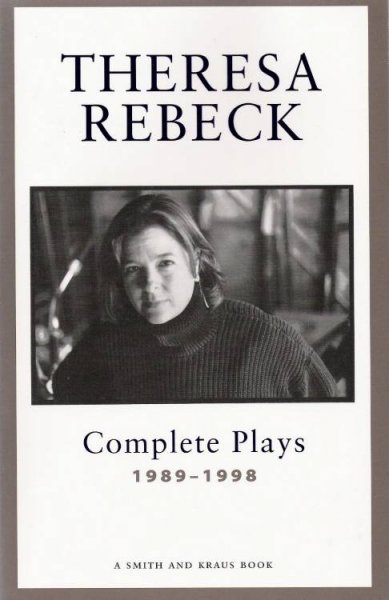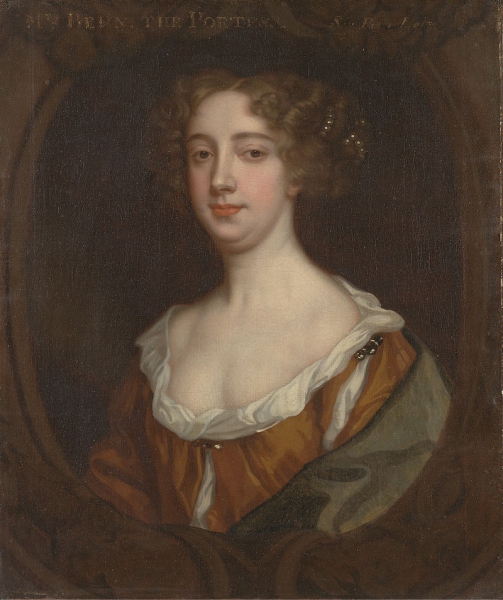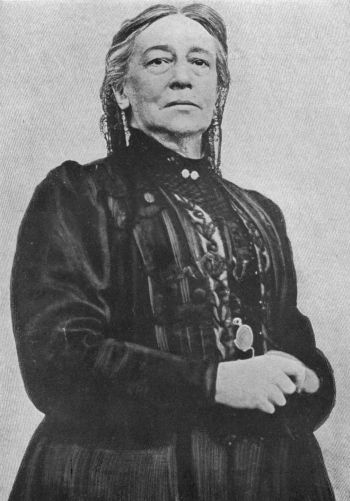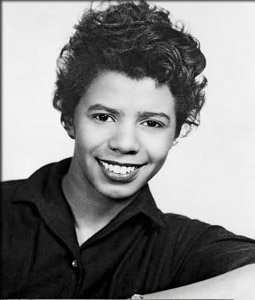
In 2010, playwright Theresa Rebeck gave a keynote address at a New York theater conference about the lack of plays by women being produced in the United States. She also talked about many of the personal struggles she’d faced as a female playwright herself, such as how a misogynistic review hurt the success of one of her plays and how people started to encourage her to submit her scripts under a man’s name. She spoke about how some in the theater world power’s structure seemed unconvinced there was a problem: “One of them actually said to me, not too long ago, ‘But Theresa, where ARE the women playwrights?’ Seriously, he looked me in the face and said that.’”
Rebeck has written over 40 plays, many of which have been produced on Broadway, including Mauritius and Seminar. Check out her writings in our collection.
And women have actually been writing plays for a very, very long time. Some historically significant female playwrights:
Hrotsvitha (c. 935 – 1002) is thought by some to be the first European person (of any gender) since ancient times to write plays. She was a German nun who lived at the abbey in Gandersheim. Her plays, such as Gallicanus, were about the lives of saints.
Aphra Behn (c. 1640 – 1689) is often considered to be the first professional woman writer in the English language. Her plays were sharply criticized for their “racy” content, which she believed would not be so “scandalous” had they been written by a man. Her many plays include The Rover, The Forc’d Marriage, and The Emperor of the Moon.
Augusta, Lady Gregory (1852 – 1932) co-founded the The Abbey Theatre, also known as the National Theatre of Ireland. She is perhaps best remembered as opening her Galway home as a meeting place for celebrated Irish Literary revival figures such as William Yeats, but she also was a prolific author in her own right, and one of her short comedies, Spreading the News, was performed on the Abbey’s opening night in December 1904.
(1930 – 1965) was the first African American woman to have a play produced on Broadway. The play, A Raisin in the Sun, has become one of the great classics of American theater.
In 1983, Frank Rich of The New York Times wrote that the play “changed American theater forever.”







Add a comment to: Women’s History Month: Playwrights